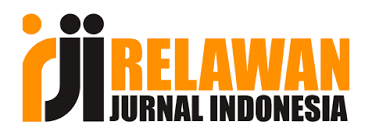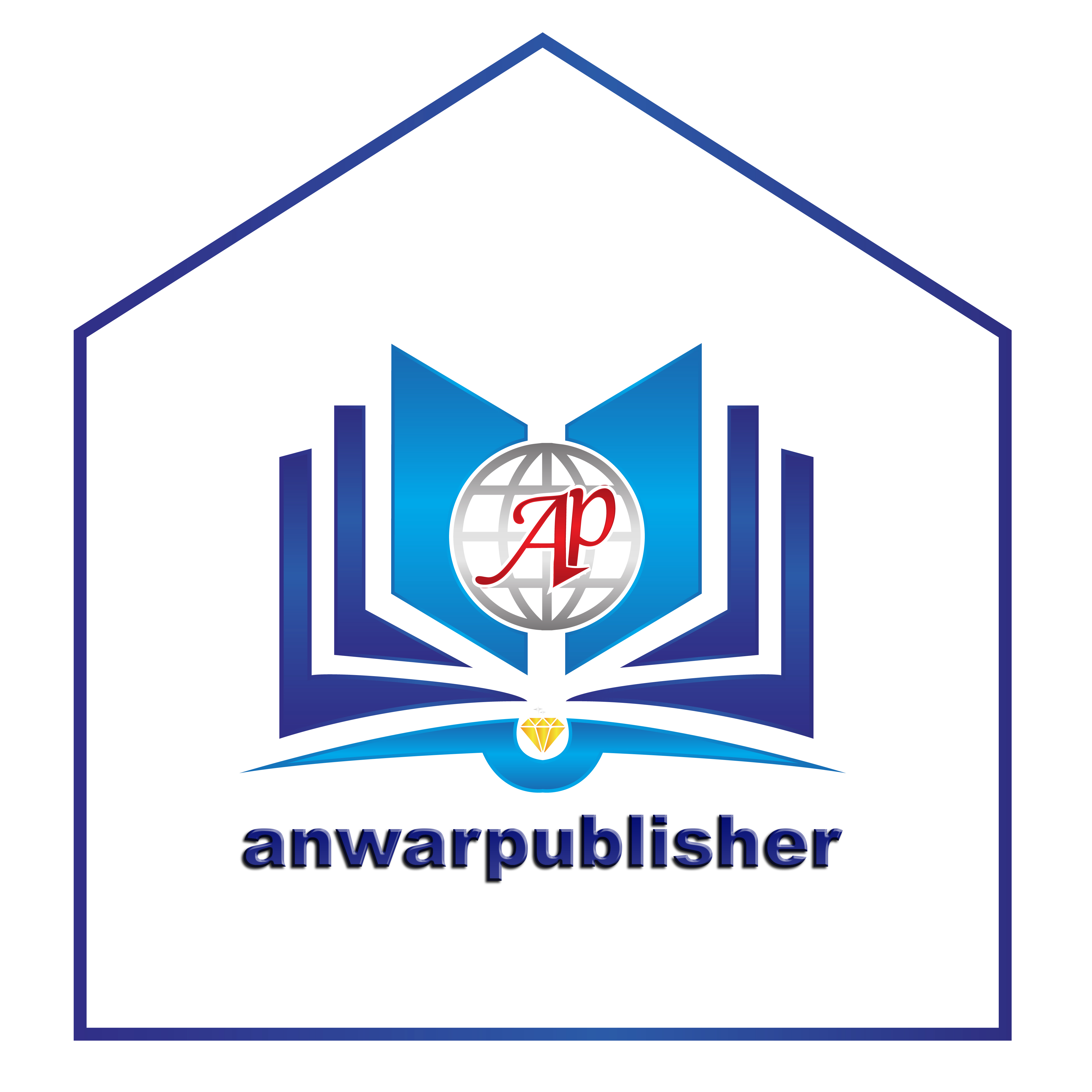The Role Of Mass Media In Building An Anti-Corruption Culture In Society
Peran Media Massa Dalam Membangun Budaya Anti Korupsi di Masyarakat
DOI:
https://doi.org/10.64272/drahb645Keywords:
mass media, anti-corruption, cultureAbstract
Corruption is an extraordinary crime that has a systemic impact on government stability, the national economy, and public trust. The increasingly complex and widespread phenomenon of corruption in Indonesia requires a multidimensional approach in eradicating it. One relevant approach is strengthening the role of the mass media as the fourth pillar of democracy. This study aims to examine the strategic role of the mass media in building an anti-corruption culture in Indonesian society. The research method used is a qualitative approach with literature studies as a data collection technique. Data were analyzed descriptively through a study of academic references, media reports, and data from anti-corruption institutions. The results of the study show that the media has two main roles, namely as a social monitor that reveals corruption cases and as a public education agent that forms critical public awareness of the dangers of corruption. The media has also proven to be able to encourage accountability of state institutions and shape public opinion through critical, independent, and data-based coverage. In conclusion, the mass media has an important contribution to efforts to eradicate corruption, both through the delivery of transparent information and the formation of an anti-corruption culture in society. Therefore, press freedom and media professionalism need to be maintained and strengthened as part of a national strategy against corruption..
Downloads
References
Besley, T., & Prat, A. (2006). Handcuffs for the Grabbing Hand? Media Capture and Government Accountability. American Economic Review, 96(3), 720–736.
BPS Data Korupsi dan Kerugian Ekonomi: https://bps.go.id
Brunetti, A. & Weder, B. (2003). A Free Press is Bad News for Corruption. Journal of Public Economics, 87(7–8), 1801–1824.
CNN Indonesia. (2023). Skor IPK 2022 Tak Naik, Indonesia Masih Rawan Korupsi. Diakses dari: https://www.cnnindonesia.com
Coronel, S. S. (2010). Corruption and the Watchdog Role of the News Media. UNDP Oslo Governance Centre.
Djankov, S., McLiesh, C., Nenova, T., & Shleifer, A. (2003). Who Owns the Media? Journal of Law and Economics, 46(2), 341–381.
Kompas.com. (31 Januari 2023). IPK Indonesia 2022 Tak Berubah, Indikasi Masih Lemahnya Pemberantasan Korupsi. https://www.kompas.com/tren/read/2023/01/31/100000265/ipk-indonesia-2022-tak-berubah-indikasi-masih-lemahnya-pemberantasan
Kovach, B., & Rosenstiel, T. (2007). The Elements of Journalism. Three Rivers Press.
McMillan, J., & Zoido, P. (2004). How to Subvert Democracy: Montesinos in Peru. Journal of Economic Perspectives, 18(4), 69–92.
Noach, E. (2009). Kriminologi. Jakarta: Rineka Cipta.
Norris, P. (2006). The Role of the Free Press in Promoting Democratization, Good Governance, and Human Development. Harvard University.
OECD. (2018). Foreign Bribery Report: An Analysis of the Crime of Bribery of Foreign Public Officials. https://www.oecd.org
Rose-Ackerman, S. (1999). Corruption and Government: Causes, Consequences, and Reform. Cambridge University Press.
Setiawan, A. A. (2011). Peran media massa dalam meningkatkan kualitas kepemerintahan lokal berbasis human security di Kota Jayapura. Politika: Jurnal Ilmu Politik, 2(2), 39–48. https://doi.org/10.14710/politika.2.2.2011.39-48
Stapenhurst, R. (2000). The Media’s Role in Curbing Corruption. World Bank Institute
Starke, C., Naab, T. K., & Scherer, H. (2016). Free media and the fight against corruption: An empirical evaluation. The International Journal of Press/Politics, 21(1), 65–88. https://doi.org/10.1177/1940161215613058
Sukardi, R. (2020). Peran Media dalam Pemberantasan Korupsi. Jurnal Ilmu Sosial dan Politik.
Suryarandika, R. (2021, Desember 29). AJI Ungkap 43 Kasus Kekerasan Jurnalis Sepanjang 2021, Pelaku Didominasi Polisi. Republika. https://news.republika.co.id/berita/r4vis1487/aji-ungkap-43-kasus-kekerasan%C2%A0jurnalis-sepanjang-2021-pelaku-didominasi-polisi
Tannenbaum, F. (1938). Crime and the Community. New York: Columbia University Press.
Tempo.co. (2021, Juni 30). BPK Temukan Penyaluran Bansos Covid-19 Salah Sasaran Rp 2,28 Triliun. Tempo. https://nasional.tempo.co/read/1478955/bpk-temukan-penyaluran-bansos-covid-19-salah-sasaran-rp-2-28-triliun
Transparency International. (2022). Corruption Perceptions Index 2022.
Transparency International Indonesia. (2023). Indeks Persepsi Korupsi 2022: Skor Indonesia Stagnan, Tantangan Kian Berat. https://ti.or.id/
Downloads
Published
Issue
Section
License
Copyright (c) 2025 Chairunnisa Hewi Wasistha (Author)

This work is licensed under a Creative Commons Attribution 4.0 International License.










